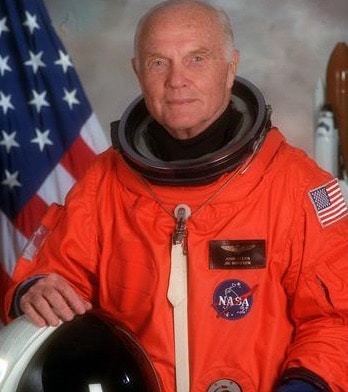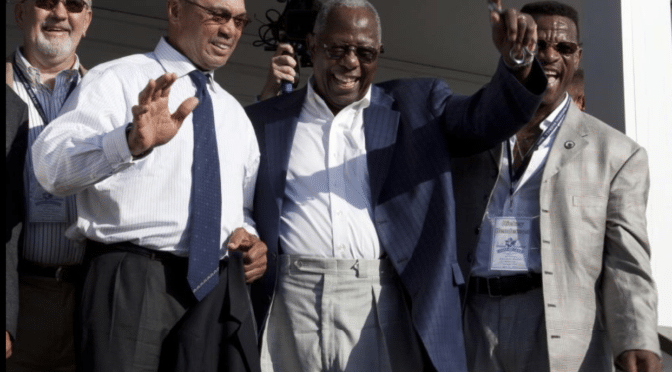by Nick Taylor
All America held its breath on February 20 1962. Astronaut John Glenn had climbed into the tiny capsule atop an Atlas rocket and, as fellow astronaut Scott Carpenter said, “God speed, John Glenn,” rode a column of flame into space. He finished one orbit and the country celebrated. No American had orbited the earth before and now we were one trip around the globe closer to narrowing the Soviet lead in the Cold War space race.
Glenn, in the Mercury capsule he’d named Friendship 7, entered a second time. Most of the country heard the live broadcast of exchanges between Glenn, now manning the controls after an automatic system failed, and Mission Control. If people weren’t watching at home, they gathered outside department store windows and stared at the televisions displayed. They were all tuned to the space flight.
Worry entered the voices talking from Mission Control. Glenn had seen flaming pieces of something flying past his porthole. Was it the heat shield that would keep spacecraft and astronaut from burning to a cinder when they re-entered the earth’s atmosphere? Mission Control worried that the heat shield might be breaking up. They told Glenn not to jettison a retro rocket pack that he would fire to slow down capsule down before re-entry. Its remnants might hold the heat shield on.
He orbited a third time, fired the retro rockets and descended into the friction of the atmosphere. Suddenly, Glenn’s voice on the coverage fell silent. We watchers and listeners could hear Mission Control, but not the brave astronaut. We’d been warned to expect the silence as Glenn flew through a communication blackout zone caused by ionization of the air around the capsule. But imagination filled the silence with harsh static and images of a burning spacecraft. Then his voice returned: “My condition is good but that was a real fireball.” John Glenn and Friendship 7 had survived. They splashed down safely.
Glenn had seen three dawns and three sunsets on February 20, 1962. He was thirty-one years old that day. I was fifteen. My privilege, years later, was to work with him on his autobiography, “John Glenn: A Memoir.” He was the same accessible, straightforward, friendly and genuinely caring person who become a national hero when America desperately needed one.
He went on to win three terms in the U.S. Senate from Ohio. But he kept his space suit in his closet, and made history again as the oldest man in space aboard Space Shuttle Discovery as a payload specialist performing medical experiments on the aging process. That was in 1998, when he was seventy-seven.
John Glenn will be ninety-five years old this summer, and he’ll always be a hero. I wish there were more like him.




